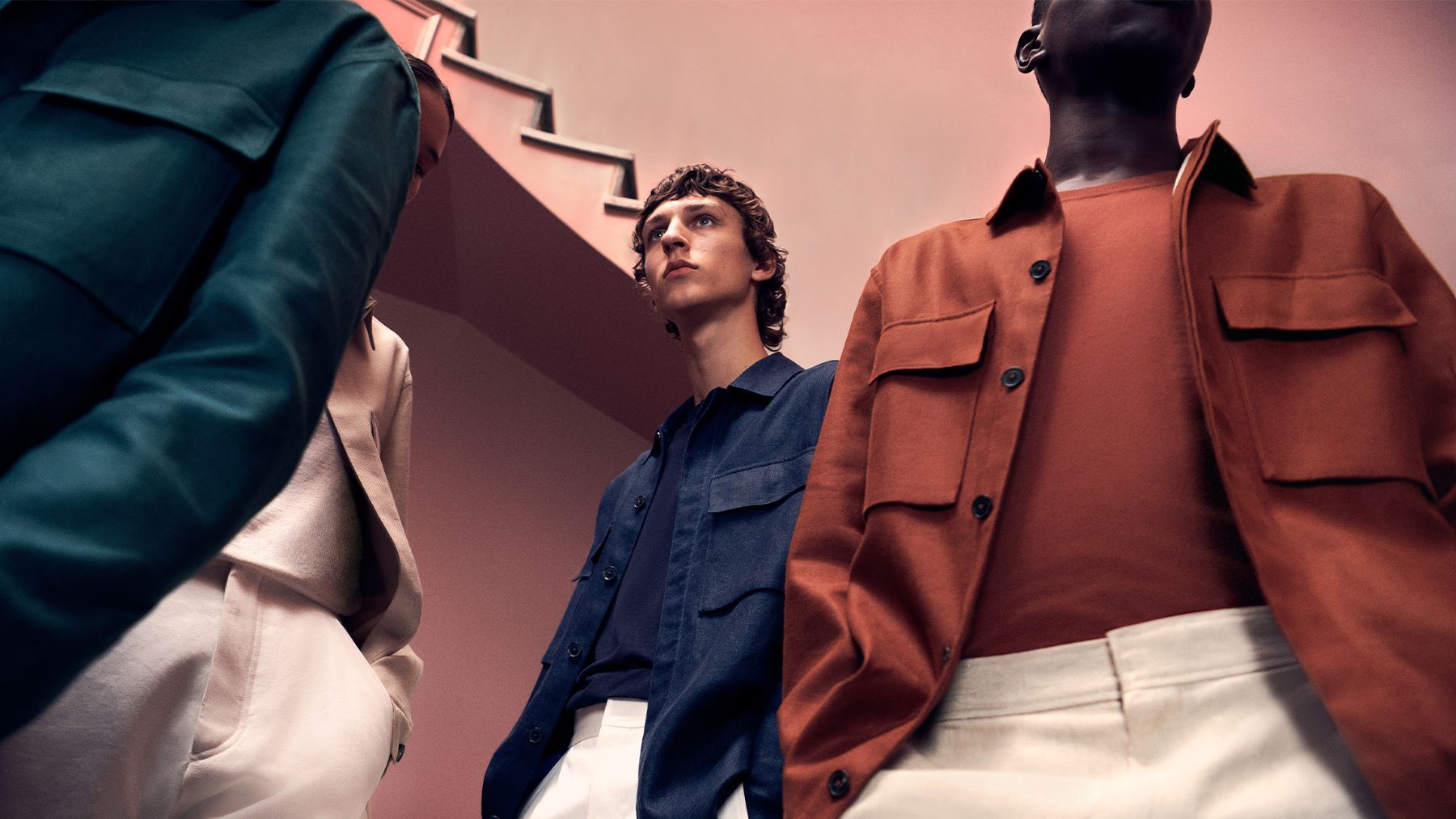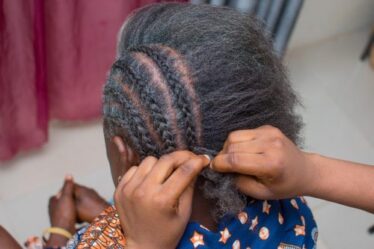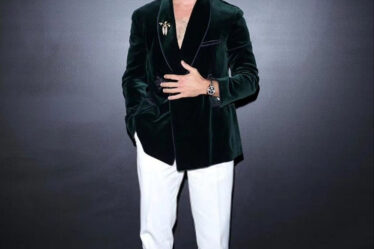
Italian luxury menswear company Ermenegildo Zegna is planning to acquire high-end fabric makers as it looks to step up growth in the upper range of the menswear industry, chief executive officer Gildo Zegna said.
“These kinds of acquisitions would consolidate the perimeter of our supply chain and our Made in Italy platform from the very top, and make us more competitive in luxury textiles,” Zegna said in an interview in Milan. “We are ready to consider potential targets, in line with our strategy and values.”
The fashion house, which already manufactures some of its own fabrics, knitwear and yarns, last year bought Italian cashmere maker Filati Biagioli Modesto along with Prada SpA. Zegna also acquired a majority stake in Tessitura Ubertino, a northern Italian tweed and jacquard fabric specialist.
The moves could help Gildo Zegna, 67, pull off the ambitious transformation of a 112-year-old family-run menswear company into a modern, high-end leisurewear brand.
The CEO, who represents the family’s third generation at the head of the firm, is upbeat about the repositioning: “It’s the best idea I’ve had in my 40-year career,” he said, citing the need to move toward higher-margin products as costs rise.
“Our prices will be higher next year for sure,” the CEO said. “We operate in the textiles business, we need to do it.”
While the reboot began in 2019, it’s kicked into gear with the easing of the pandemic, Zegna said, with an official announcement in December of last year, ahead of the company’s listing on the New York Stock Exchange.
The luxury group’s US trading debut came about through a $3.2 billion deal with a “blank-check” company, which kept the founding family in control.
“The family will continue to play an important role as controlling shareholder,” Zegna said. “I hope to continue having a role as CEO, if the board will allow it.”
Zegna said the company will now look to increase sales by investing in high-growth markets and reinforcing its position in Japan, while expanding in the Middle East and Latin America. China, an early export market for the company, where it started as a luxury brand in 1991, will remain “relevant,” he said.
Europe and the major Mediterranean countries will also remain key markets, Zegna said, as they should continue to attract the “elite” tourists who spend the most.
The company is targeting 50 percent higher productivity rates for its own stores and adding customised digital services. The new-look Zegna also includes more sustainable production, the re-branding of outlets and a partnership with Real Madrid Football Club, featuring tailor-made uniforms and invitations to exclusive events.
Zegna posted third-quarter revenue of €357 million ($359 million), about 28 percent higher than last year. In a statement Thursday the company confirmed its its full-year revenue guidance of growth in the “mid-teens.”
By Antonio Vanuzzo, Daniele Lepido and Flavia Rotondi
Learn more:
How Zegna Is Adapting to Menswear’s Transformation
With a Wall Street listing under his belt, CEO Gildo Zegna now has to prove the family-controlled brand’s pivot from power suits to sneakers can continue to drive growth.



